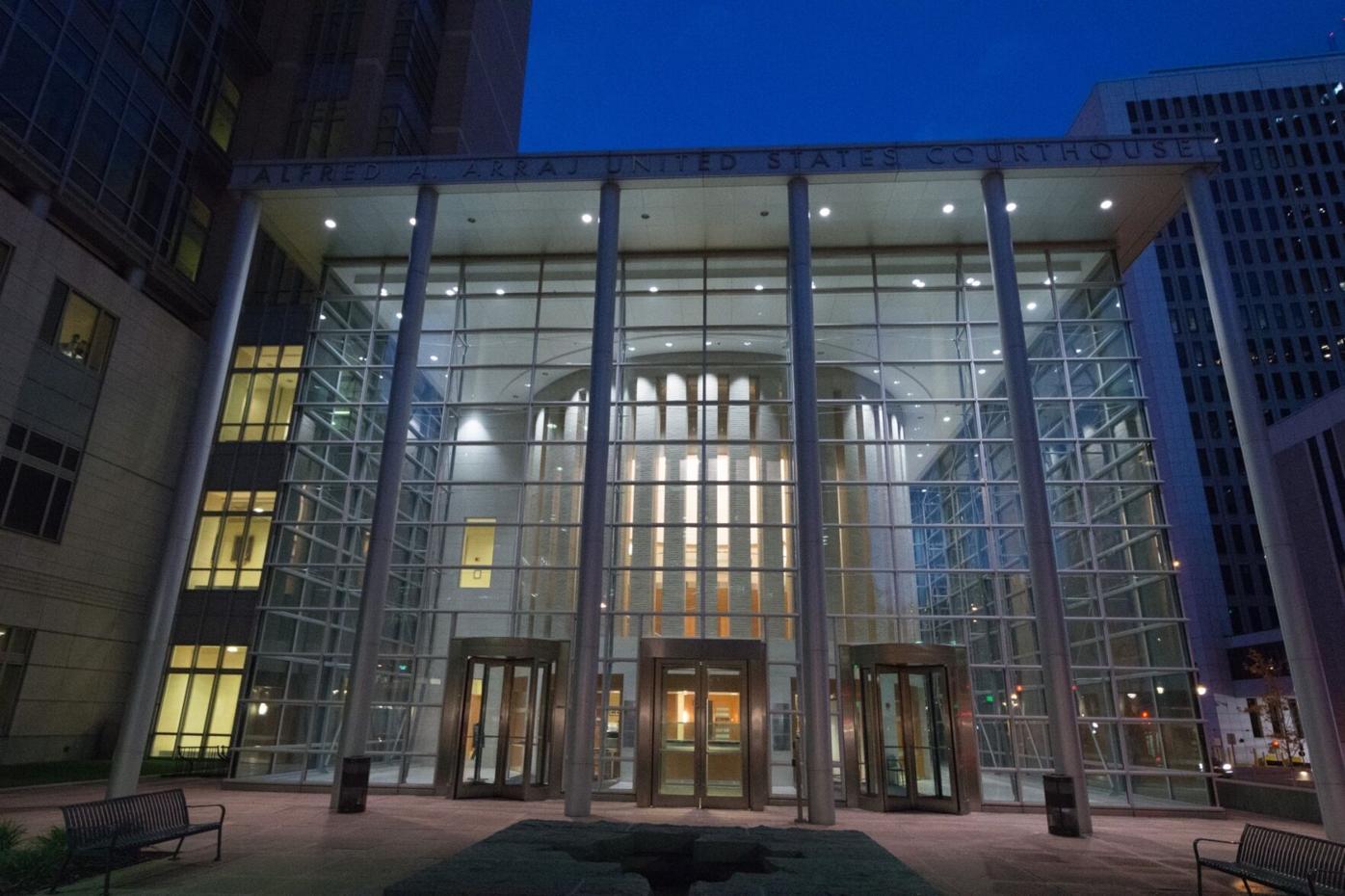Federal judge refuses to dismiss lawsuit against Pueblo school district for censoring Facebook commenter
A federal judge last week agreed a man whose critical comments were allegedly removed from Pueblo School District 60’s Facebook page may sue the district for a violation of his First Amendment rights.
James Erb filed suit in October alleging that he read a news story in May 2024 about three high school students who graduated early to join the U.S. Marines, but were not permitted to wear their dress uniforms at the spring ceremony. Erb then posted two comments on the district’s Facebook page:
• “Shame on this district for refusing 3 US Military members from wearing their uniform to graduation. It’s obvious not one person in this district has served their country, how sad”
• “You should do a spotlight on the three kids who graduated early, signed up to serve in the military and now want to graduate in their traditional military dress uniform, and D60 in Pueblo won’t let them. I can’t wait to read that one”
In response, communications staff deleted the comments and allegedly blocked Erb from posting on the district’s page for 14 days.
Erb claimed the district violated his free speech rights by engaging in viewpoint and content discrimination. The district, in turn, argued its Facebook page was not a “forum traditionally open to speech by the public.” Instead, it was a “nonpublic forum” open to discussion about school-sponsored events, programs, achievements and recognitions — but not a place for general debate.
Moreover, District 60’s social media policy allowed it to remove posts that are “not topically related to the District’s posts,” “not suitable for a K-12 audience” or “inconsistent with the District’s educational mission.”
“While the social media policy imposes a content-based restriction, as is allowed in a limited public forum, it does not discriminate based on viewpoint,” argued the district’s attorneys. “Erb’s comments supported enlisted graduates wearing their uniforms at graduation; but a comment unsupportive of the same would be equally unrelated and subject to removal.”
U.S. District Court Senior Judge Robert E. Blackburn disagreed that the policy appeared viewpoint-neutral. In a Feb. 14 order, he noted the social media policy also enabled the school district to remove comments that “do not reflect the opinions, positions or endorsements” of the district and it staff.
“The government cannot engage in viewpoint discrimination in any forum, even one over which it legitimately may regulate the content of speech,” Blackburn wrote. “Mr. Erb’s complaint plausibly alleges the District deleted his posts and temporarily banned him from further comment based on his viewpoint, that is, his disagreement with the District’s decision regarding graduation.”
Blackburn concluded District 60 would have violated Erb’s First Amendment rights if, as alleged, it took action against him for his criticism and its social media policy was not narrowly drawn to advance a compelling government interest.
Blackburn dismissed Erb’s claims against the specific communications employees who allegedly deleted his comments, but let Erb proceed with his claim against the district itself.
The case is Erb v. Pueblo School District No. 60 et al.





